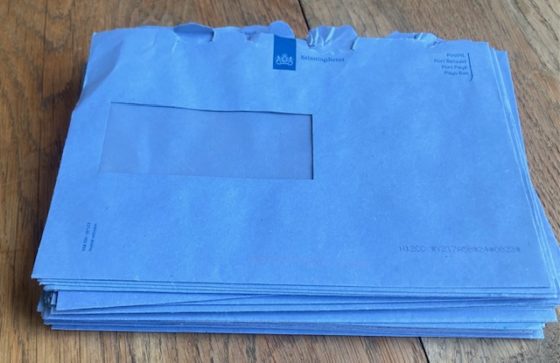Richest 1% of the Dutch pay just 21% of their income in tax
-

While the very richest of the Dutch are losing 21% of their income to tax, people on average incomes are handing over 40% to the tax office, according to new research by the government’s centre for policy analysis CPB. ‘This is because the income [of the richest 1%] is largely derived from capital and company profits, which is taxed at a lower rate than income,’ the CPB said.
The research looks at the impact of direct taxation, such as income tax, as well as indirect taxes like btw and work-related premiums. The CPB found that people on the lowest incomes were spending 55% of their income on tax, although this was largely compensated for by social security benefits and other measures to help people living on or near the poverty line.
The impact of benefits makes it difficult to compare tax paid by people on low incomes with the rest, but the difference between middle and high incomes, and those of the richest 1%, are clear, the CPB said. The top 10% of earners, with an income around €143,000, are paying 36% of their income in tax, far more than the very richest in society.
This shows that the Dutch tax system does not contribute to boosting equality of income, and those most able to pay most are not doing so, the CPB said. Instead, redistributing wealth is done largely via government spending on welfare and top-up benefits for people with the lowest incomes. The Dutch tax system is extremely complex, thanks to all the discounts for low incomes and the additional social security benefits which people can claim. The new government is looking at both simplifying this, and increasing the tax on assets such as property and investments
(DutchNews.nl)



Post a Comment